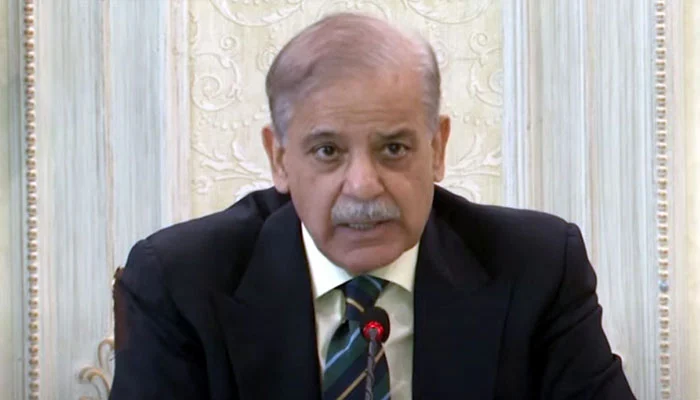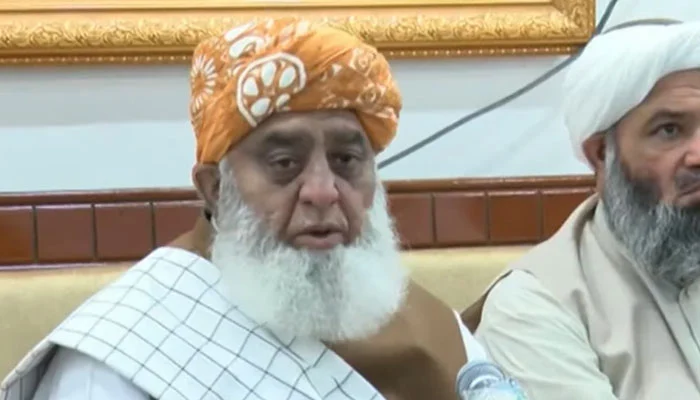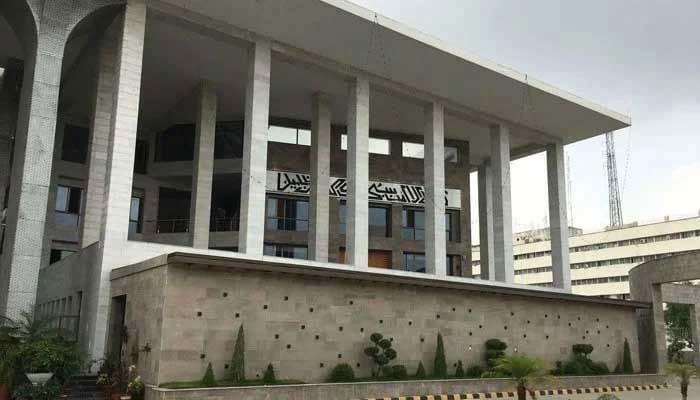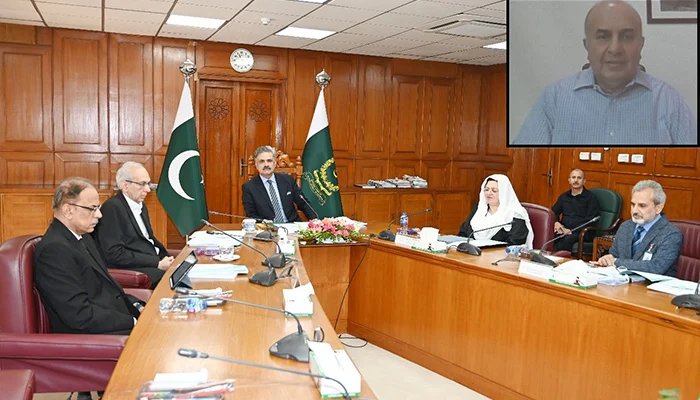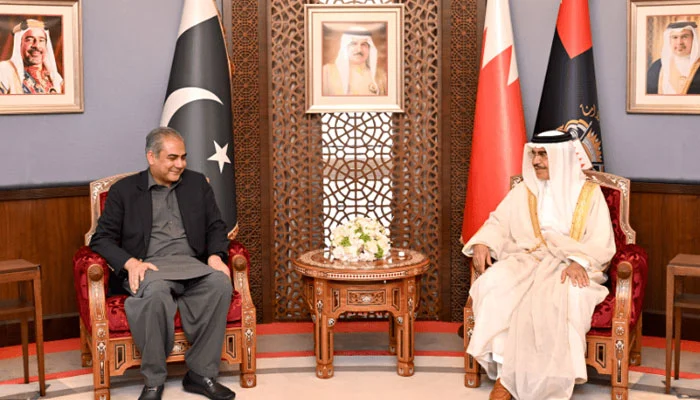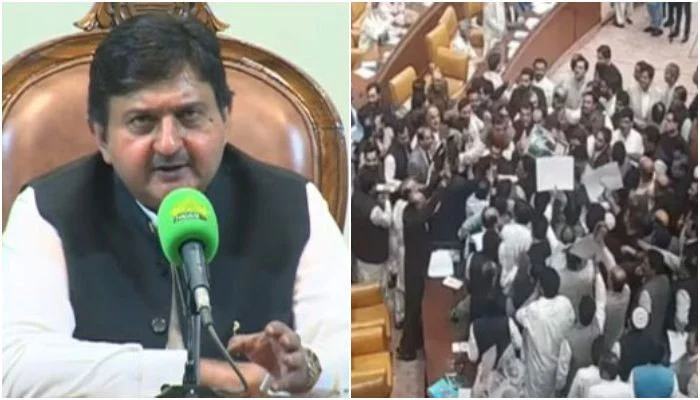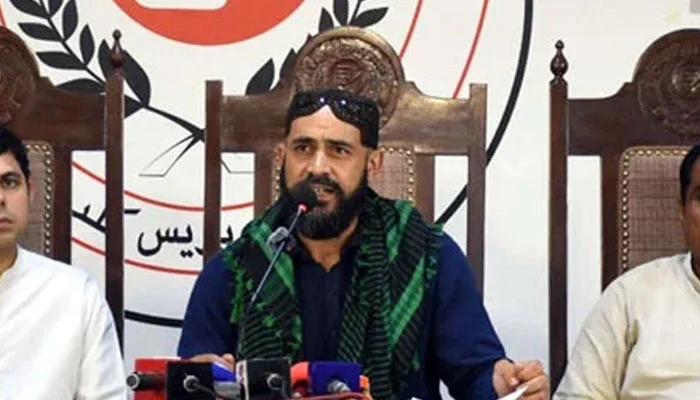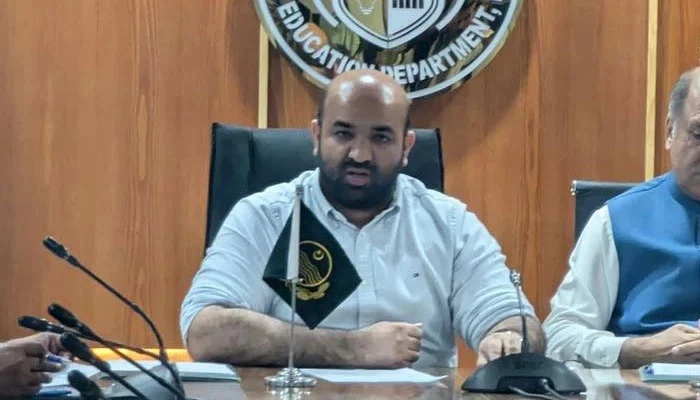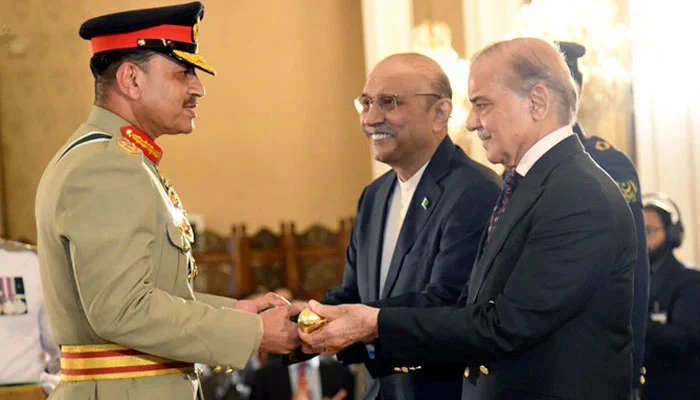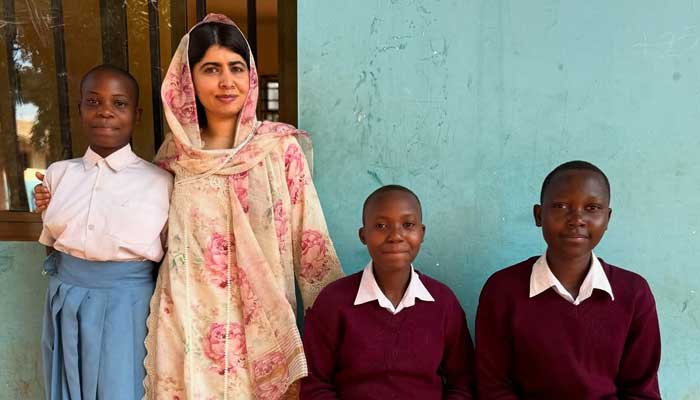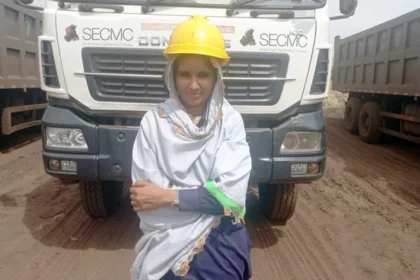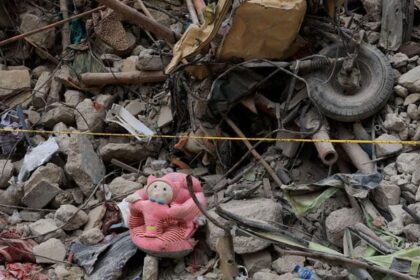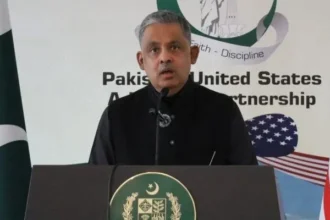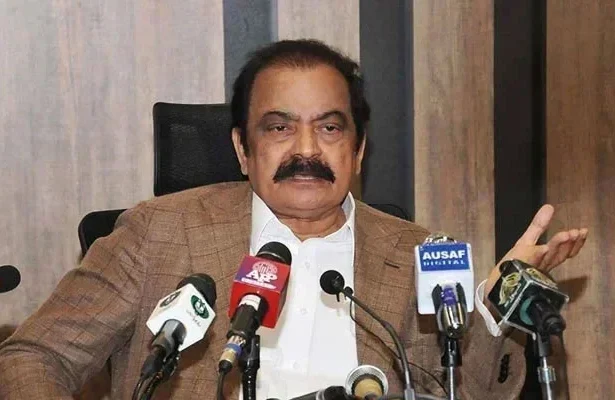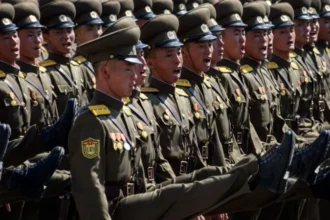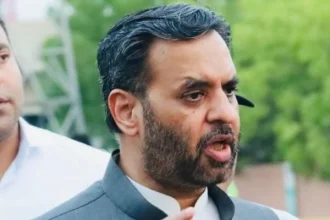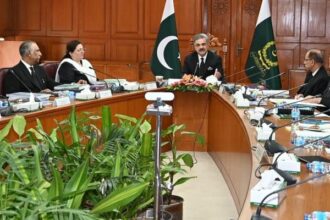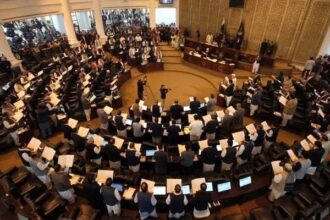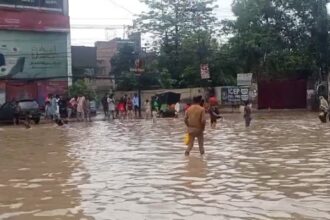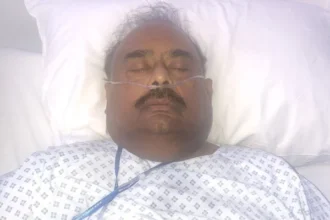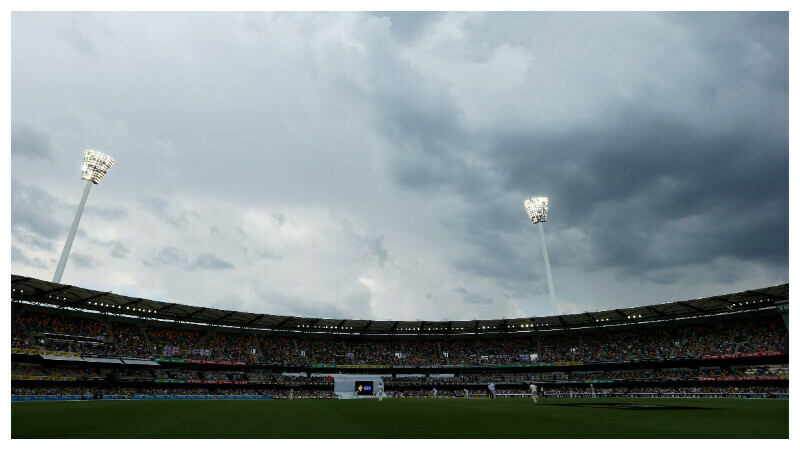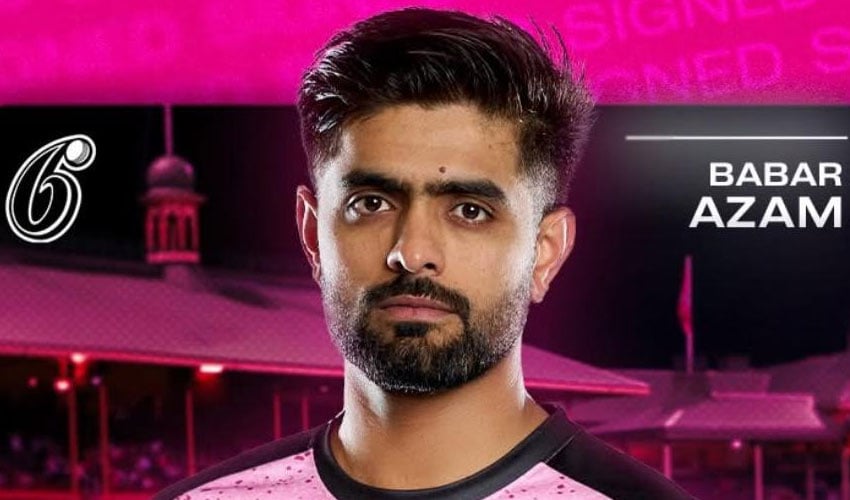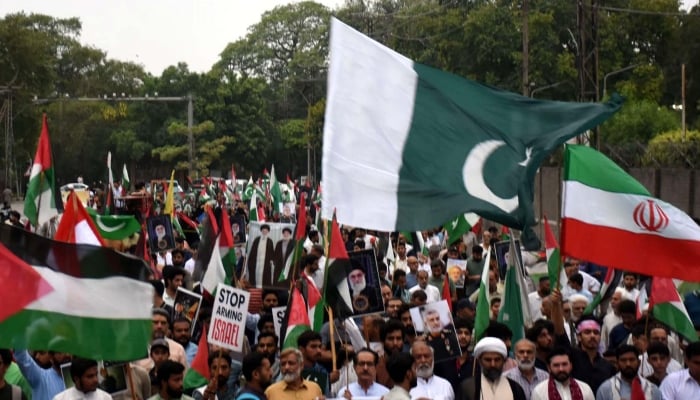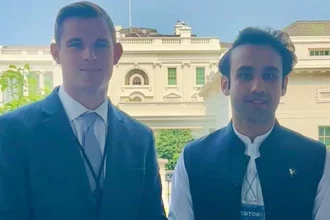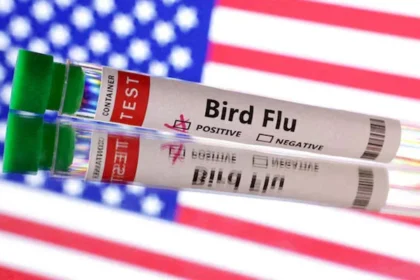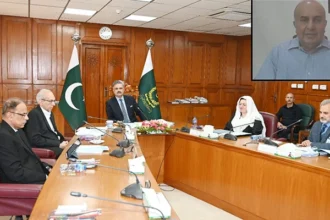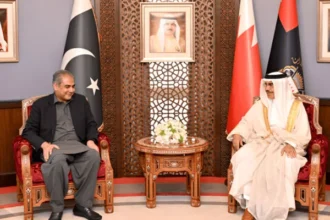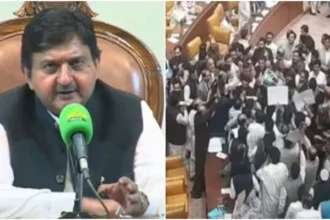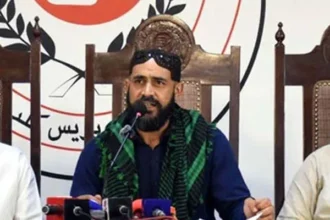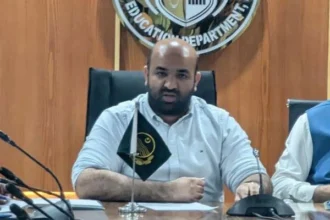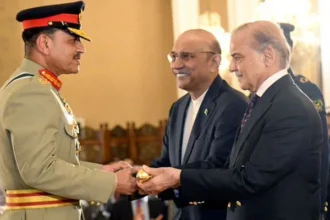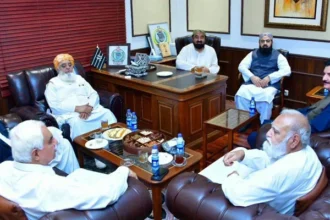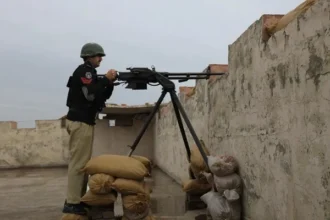PM Shehbaz promises to implement structural changes to guide Pakistan toward economic recovery.
“We have a long and thorny journey and facing mountain like impediments," says Prime Minister Shehbaz Sharif
Fazl floats change in KP, but only from PTI’s own ranks
"My suggestion has been made — there should be a change in the province," says JUI-F chief
Excise is criticized by IHC for the teacher’s car case, which was taken, used, and then forgotten.
Court finds Excise failed to follow mandatory rules before confiscation decision
SJC ‘rejects’ proposal to release names of judges cleared of complaints
Council considers 24 complaints — 19 dismissed, five deferred
A deal to strengthen security ties between Bahrain and Pakistan
Interior Minister Mohsin Naqvi meets his Bahraini counterpart in Manama to discuss mutual interest matters
Govt, opposition form ‘talks committees’ over Punjab MPAs’ disqualification
Sources say speaker might drop disqualification reference if negotiations are successful
Zulfikar Bhutto Jr. reveals preparations to form a new political party.
According to Bhutto Jr., the party's main goal is to represent and assist the agricultural community.
Punjab to reintroduce Grade 8 board exams: minister
In addition, examinations for Grades 5, 6, and 7 will be held in the form of assessment tests
PM Shehbaz: Zardari will remain president, COAS never ran for office
According to the premier, Field Marshal Asim Munir has no intention of becoming president and no such plan is in the works.
Malala, who promotes education for Tanzanian girls, commemorates her birthday.
The Nobel laureate draws attention to Tanzania's concerning statistics, which show that almost two out of five girls get married before turning 18.
Editor's Pick
PM’s assistant Rana Sanaullah says the PPP-PML-N coalition will continue.
PML-N leader says alliance essential despite reserved seats verdict; PPP backs Senate…
You must be a registered user to participate in this chat.
Discover Categories
Top judicial forum forms body to address enforced disappearances
NJPMC directs high courts to establish mechanisms against external influence on judges
Opposition enters final talks to unseat PTI in Khyber Pakhtunkhwa
Kundi, Muqam, and Khattak hold multiple meetings to discuss major power shift…
The UAE promises to address Pakistan’s visa concerns.
Naqvi meets UAE deputy prime minister, stresses importance of easing visa rules…
Torrential rain floods Lahore, kills five across Punjab
182mm of rain recorded in Nishtar Town, homes and streets flooded; LESCO…
MQM founder Altaf Hussain hospitalised after severe illness
Hussain at North London hospital after developing several complications, including “stress” on…

Stay Informed, Stay Ahead!
Sports
Global Coronavirus Cases
Confirmed
65.10M
Death
6.60M
‘100% the same’: Pakistan’s backing for Iran remains firm after Trump-Munir meeting
ISLAMABAD A reliable source told this correspondent that Pakistan's stance in favor of Iran in its ongoing conflict with Israel is "100% the same," despite heightened speculation following a high-profile…

